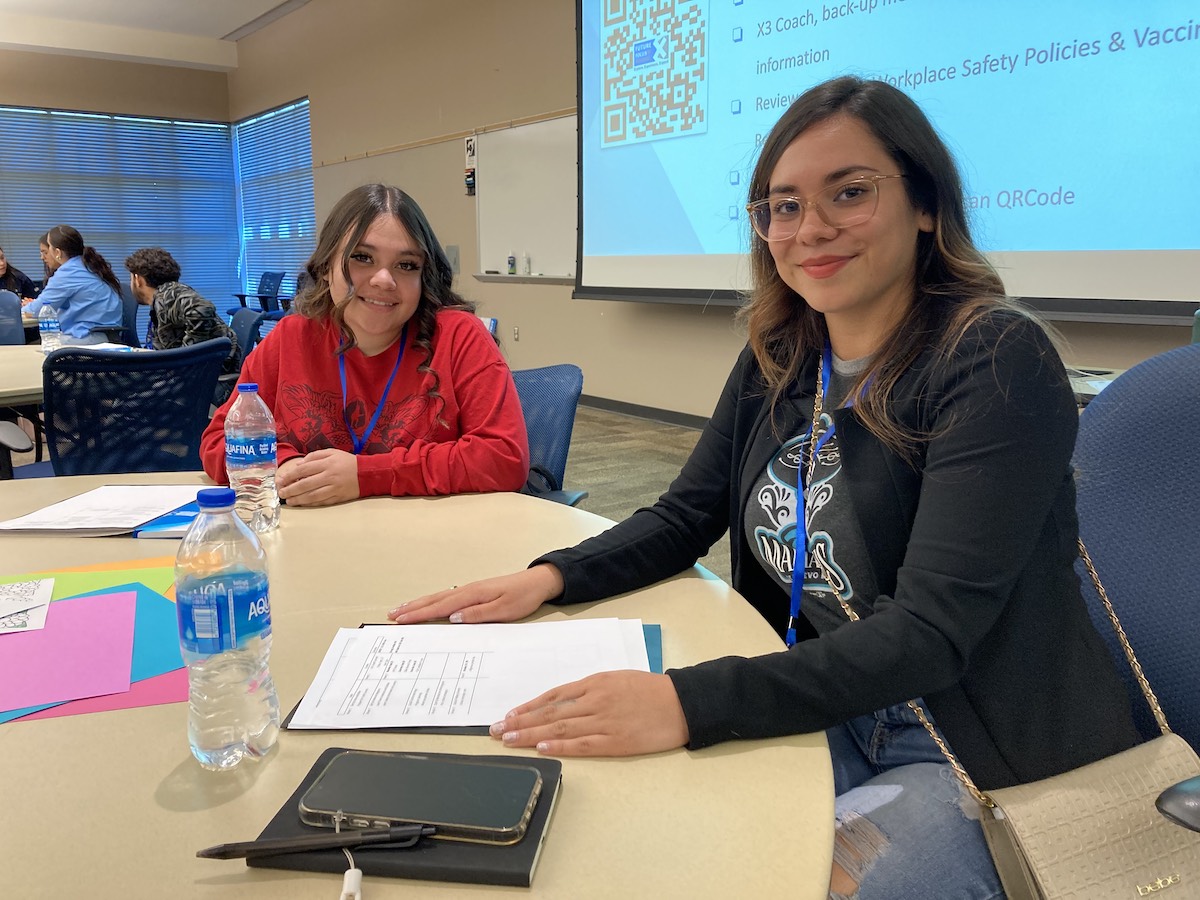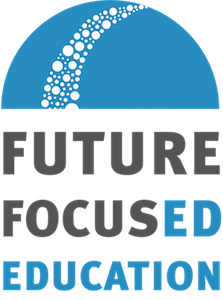Youth Apprenticeships Advance Equity
PART II
By Bianca Dacres | Policy Analyst at Partnership to Advance Youth Apprenticeship

Young people are often at a disadvantage when applying to jobs because if they have a degree, they don’t have experience. Or, if they have experience, they don’t have a degree. According to the Wisconsin Center for Research on College-Workforce Transitions, young adults with both experience and a degree often come from higher socio-economic backgrounds that have allowed them to leverage family connections or take unpaid internships. Fortunately, that’s where youth apprenticeship comes in, leveling the playing field for more students.
principles for high quality youth apprenticeships
The Partnership to Advance Youth Apprenticeship (PAYA) aims to transform how the nation's educational system prepares youth for successful careers. Ultimately, PAYA believes that youth apprenticeships can promote a more inclusive economy, while also supporting the needs of businesses and economic growth.
As a complement to PAYA’s definition of youth apprenticeship, New America also worked with PAYA’s National Partners to create five guiding principles for high-quality youth apprenticeship. Created in research and experience, the principles were created to provide clear guidance to industry, education, community leaders, and state and local policymakers, while simultaneously setting a standard for program development and continuous improvement. The five principles for high-quality youth apprenticeship are:
- Career-oriented: Learning is structured around knowledge, skills, and competencies that lead to careers with family-supporting wages.
- Portable: Learning leads to postsecondary credentials and transferable college credit that expand options for students.
- Adaptable: Learning is designed collaboratively to be recognized and valued across an industry or sector.
- Accountable: Student, employer, and program outcomes are monitored using transparent metrics to support improvement.
- Equitable: Learning is accessible to every student, with targeted support for those adversely impacted by long-standing inequities in our education system and labor market.
Read more about each principle and their related outcomes in the full document here.
an emphasis on equity

Future Focused Education strives to embed all of these guiding principles into their work. However, because their mission is to advocate for the best education for the students who need it the most, their unique approach to youth apprenticeship uplifts equity above PAYA’s other principles. When they face obstacles along their academic journey, many youth in New Mexico turn to low-wage, low-skill jobs to help support themselves and their families rather than participating in programs that could open the door to a more sustainable future. For these students, the tradeoff between meeting short-term family obligations and long-term career preparation often comes down to an economic imperative where today’s needs overshadow tomorrow’s opportunities.
Here’s how Future Focused’s youth apprenticeship programming applies each of PAYA principles while emphasizing equity:
Career-oriented:
Future Focused is committed to finding apprenticeships for students in careers that are both flexible and in high demand, ensuring that young people can find employment. Staff at Future Focused are in the process of registering the first youth apprenticeship in the state, with a pathway in project management. They are focusing on project management based on employability data from local industries and because of the flexibility that this career pathway provides. Project managers are in high demand in NM, and their median salary is around $96,000. In addition, project management is something needed across diverse industries, making it a strategic option for students who might not want to get locked into any one industry right away.
Portable:
At Future Focused, youth apprenticeship is focused on credentials, not just careers. This approach provides students with more opportunities because they are earning recognized credentials from two or four year colleges, which can then be transferred into various career paths. Young people can enter into a career and make a lot of money; but if they aren’t simultaneously pursuing their degree, their potential earning levels out after a certain point. Not only do youth apprentices gain experience in a particular field, they also gain credentials that they can use beyond their current position. Employers generally want to hire people with experience and a degree, but young people usually have one or the other, not both. Future Focused’s programming will ensure that they earn both at the same time.
Adaptable:
Young people experience high mobility in Albuquerque and all over New Mexico–students move from house to house frequently–and often deal with conflicting demands: work toward future educational goals, or focus on other responsibilities like supporting their families. That’s why Future Focused teams up with employers to co-design programs with the specific needs of New Mexican youth in mind. Given Future Focused Education's success with the X3 high school internship program and the X3 NeXt post-secondary internship program, the staff has learned the importance of creating flexible options for young people and employers. Just as in the X3 and X3 NeXt programs, a youth apprentice will be paired with coaches who meet with them and their mentors at the employer site regularly, providing individualized and continuous support. More importantly, the skills that youth apprentices learn are designed to be applicable across diverse industries so that youth don’t get locked into any one industry right away and can instead adapt what they learn to new situations.
Accountable:
Inspired by the promise of youth apprenticeship, Future Focused is designing the first youth apprenticeship in the state with a competency-based model instead of a time-based model so that there is more flexibility for the young person. By focusing on specific competencies, aligned to the workplace and coursework, it will be clear what the apprentice is learning, has mastered, or needs to work on, as opposed to working to meet an arbitrary number of hours. Time-based apprenticeships can range from a minimum of 2,000 hours to upwards of 12,000 hours. New Mexico requires apprentices to work a minimum of 2,000 hours and the youth apprenticeship design spreads this out over 2-3 years, ensuring that the young person has the flexibility they need to meet the requirement. With a focus on competencies, the feedback young people receive is specific to industry-aligned competencies and higher education credentialing, which ensures both student and employer get the most out of the experience.
why equity
While access to education has grown, income inequality has increased recently and the racial wealth gap has not improved in 20 years. College is expensive, and having a degree doesn't always guarantee a good job. Another one of PAYA’s guidelines is that youth apprentices shouldn’t incur any educational costs, which is something Future Focused is committed to for New Mexican students. In addition to paying youth apprentices, Future Focused helps youth fill out the FAFSA, through which they automatically apply to the Governor’s Opportunity Scholarship, which grants New Mexicans tuition-free higher education.
Youth apprenticeships give youth more access and more opportunities to succeed–both in the workforce and later in their lives. We are excited to see what it can do for New Mexican youth.

Bianca Dacres is a policy analyst with the Partnership to Advance Youth Apprenticeship in the Center on Education & Labor.
Dacres is a master of public policy candidate at George Washington University’s Trachtenberg School of Public Policy and Public Administration, concentrating on education policy. She holds a political science BA with a minor in broadcast journalism from Florida A&M University.


